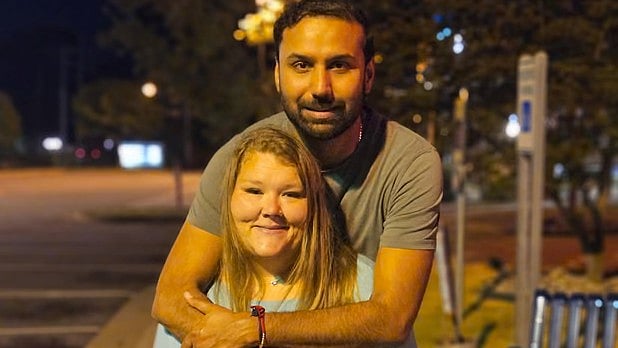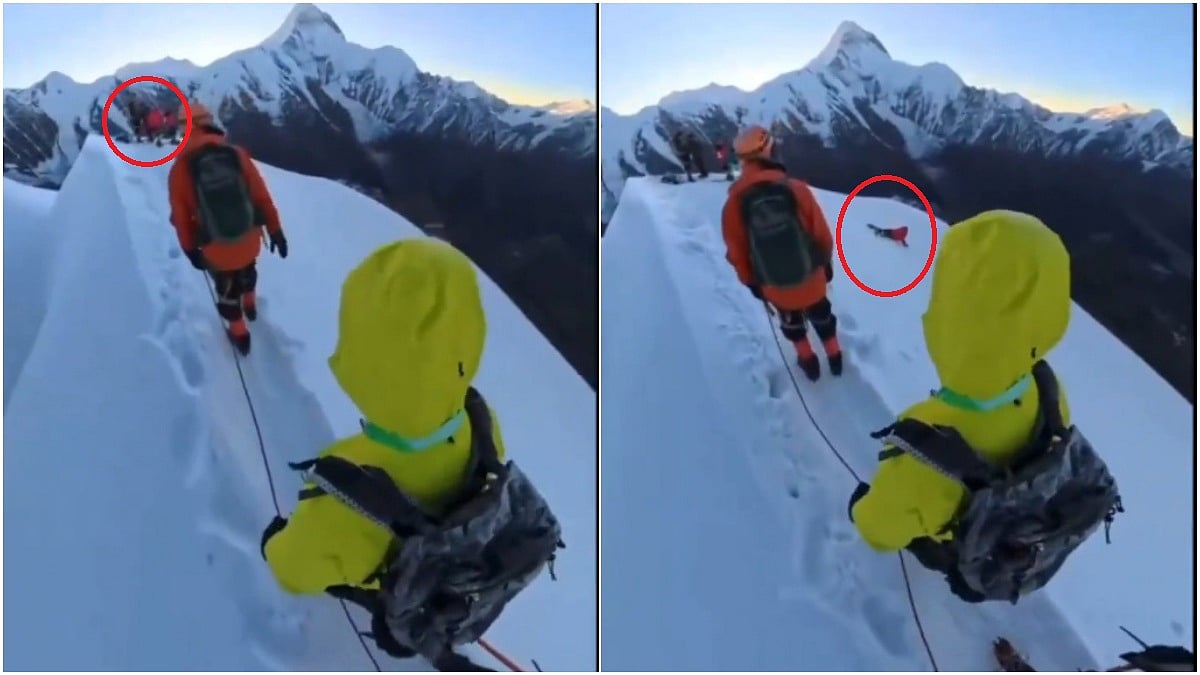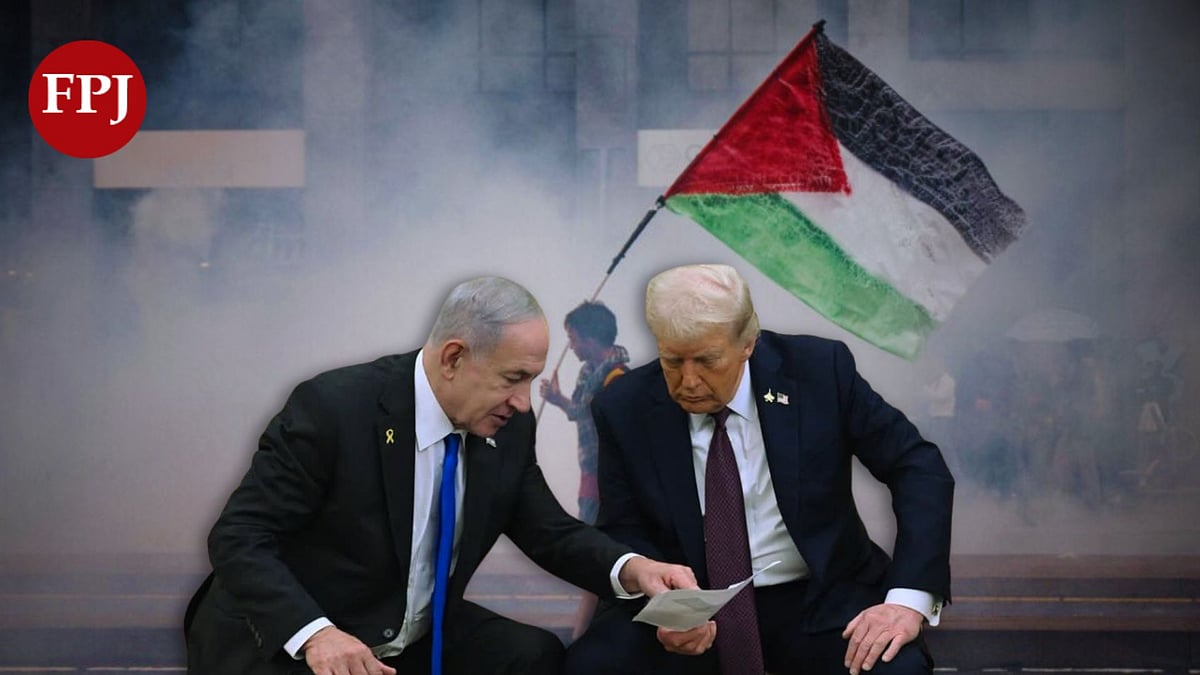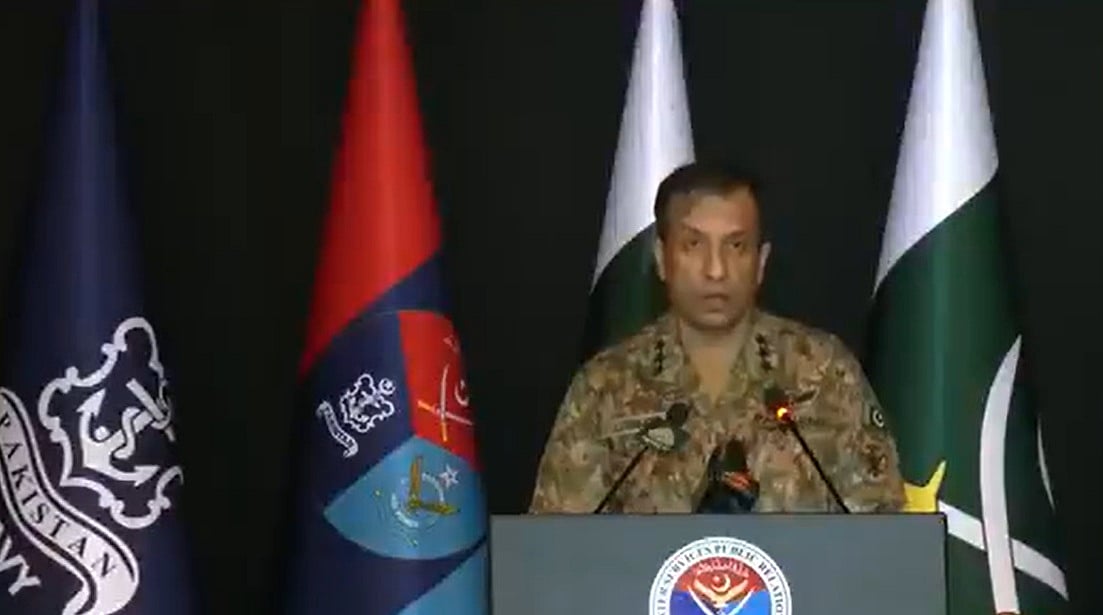Sudan's capital, Khartoum, has been pounded by air strikes despite a truce aimed at allowing civilians to flee. The army has been attacking the city to flush out its paramilitary rivals, the Rapid Support Forces (RSF).
More than 500 deaths have been reported, with the true number of casualties believed to be much higher. Millions remain trapped in Khartoum, a BBC report stated.
Army vs paramilitary forces
Army commander Gen Abdel Fattah al-Burhan and RSF chief Gen Mohamed Hamdan Dagalo, better known as Hemedti, are vying for power, particularly about plans to include the RSF in the army.
The generals agreed on a humanitarian truce after intensive diplomatic efforts by neighbouring countries, the US, UK and UN. However, the truce was not held. It remains unclear what they will do in the next stage of the deal arrived at with US and Saudi mediation, according to the army.

Aid flights arrive
The International Committee of the Red Cross (ICRC) says a plane loaded with eight tonnes of relief supplies, including health kits for hospitals, landed at Port Sudan. However, with hostilities still ongoing, ICRC teams need guarantees of safe passage from the parties to the conflict to deliver this material to medical facilities in locations with active fighting, such as Khartoum. Over 70% of health facilities in the capital have been forced to close due to the fighting that erupted on 15 April.
Evacuations underway
Foreign countries have been evacuating their nationals amid the chaos. The UK government announced that it would organise a final evacuation flight on Monday. A US-organised convoy has reached Port Sudan to evacuate more US citizens by ship to Jeddah in Saudi Arabia. On Saturday, Sudanese former Prime Minister Abdalla Hamdok warned that the conflict could become worse than those in Syria and Libya.
Nightmare for the world
Speaking in Nairobi, Hamdok was quoted saying that he thinks it will be a nightmare for the world. He added that the war is not between an army and a rebel group but it's almost like two armies.
Residents trapped in Khartoum
Residents trapped in Khartoum, such as Hamid Khalafallah from the Tahrir Institute for Middle East Policy, have to take shelter in the house when there is bombing and it gets closer. They try to all come to a central room, far from windows, far from walls, and lie on the floor until it passes. When it's a bit further, they use the quiet hours that they get - a couple of hours a day - to quickly go out and get what they need, which is also very risky.
Superior firepower vs urban warfare
The army will find it difficult to expel the RSF from Khartoum. For all the army's superior firepower, the RSF are highly mobile and more suited to urban warfare.
Conflict could be worse than Syria and Libya
The situation in Sudan is increasingly dire, with the potential for more devastating consequences. The conflict could become worse than those in Syria and Libya, which have led to hundreds of thousands of deaths and caused instability in the wider regions. The international community must act urgently to prevent further escalation of violence and provide humanitarian aid to those affected.












